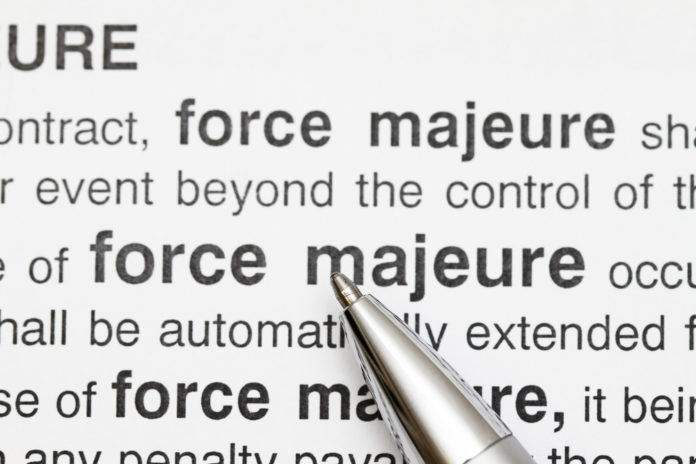Protest challenging agency’s rejection of a bid is denied. The protester’s bid included a clause that declared COVID-19 is a force-majeure event. GAO found this language made the bid nonresponsive. The contract already incorporated a FAR clause that listed epidemics as possible causes for excusable delay. But that clause does not deem epidemics to be per se unforeseeable causes of delay. The provision added by the protester unilaterally declared that COVID-19 was a force-majeure event that excused delay and thus deviated from the terms of the solicitation.
Background
The Army posted an invitation for bids. American Mine Services submitted a bid. But in the Clarifications and Exceptions portion of its bid, American Mine stated that “COVID-19 is considered a Force-Majeure Event,” and that due to pandemic, the company reserved the right for additional time.
The Army found that by including this provision, American Mine’s bid failed to conform to the solicitation’s requirements and was thus nonresponsive. American Mine protested.
Legal Analysis
When a bidder imposes conditions that materially modify requirements or limit the bidder’s liability, the bid must be rejected as nonresponsive. Here, the contract included FAR 52.249-10, which lists epidemics as possible causes for excusable delay. But that clause does not deem epidemics to be per se unforeseeable delay. That determination is left to the contracting office. The provision added by American Mine conflicted with the FAR by unilaterally declaring that COVID-19 was a force-majeure event that prevented the contractor from performing. This altered the FAR standard making the bid nonresponsive.
American Mine is represented by Evan Willeke of American Mine Services, LLC. The agency is represented by Deena G. Braunstein and Jenna Gustafson of the Army. GAO attorneys Young H. Cho and Peter H. Tran participated in the preparation of the decision.




